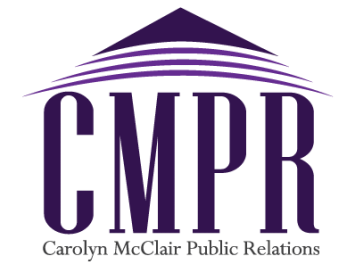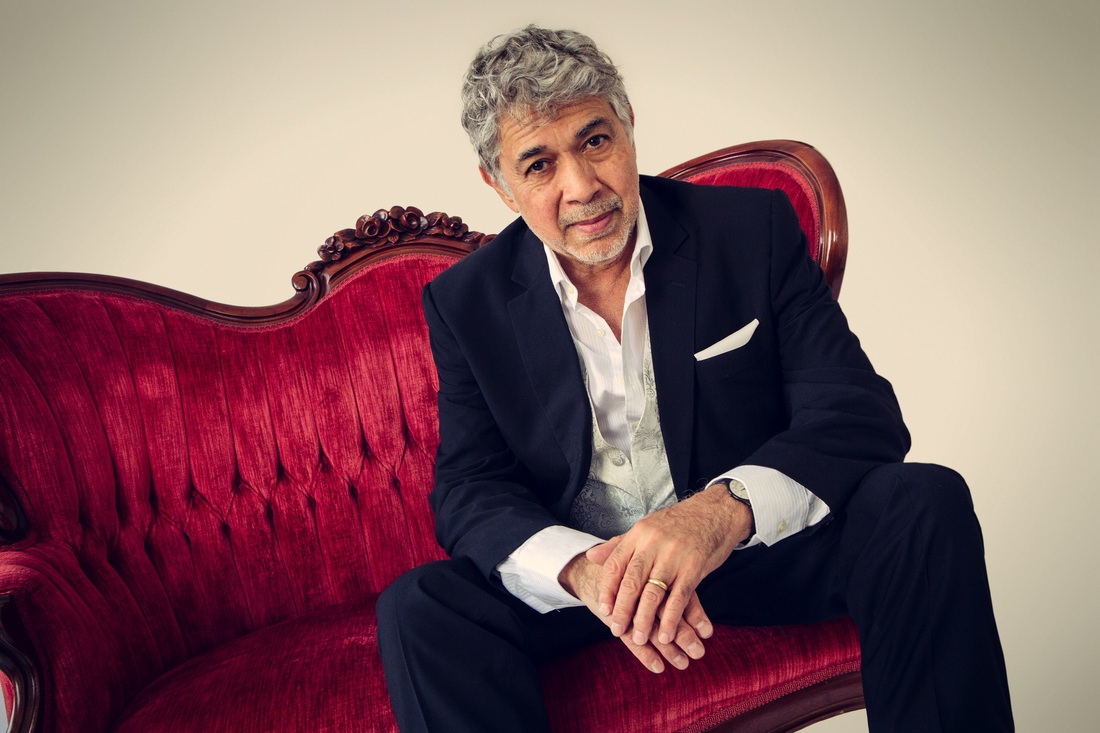2016 Newport Jazz Festival®
Embraces Caribbean Beats July 29-31
“I bring the experience … to move everybody to a place of joyfulness,” Alexander declares. “So I’m going to play a repertoire that will be anything from a Duke Ellington, to Monty Alexander, to an Augustus Pablo [Jamaican reggae legend]. I may play a cowboy song! But, whatever I’m going to play, the whole idea is to shake your booty and your body.”
Alexander has been playing Caribbean rhythms and other genres ever since he took up the instrument when he was a young boy, including blues, jazz, ska – reggae’s precursor – and mento, the Jamaican version of Trinidad’s calypso dance rhythms. “Growing up in Jamaica, I played on the early ska records,” he says. “I enjoyed the spirit of all of that music, and I started to introduce all of that into my jazz, and it evolved into a wonderful thing.”
One of Alexander’s former protégé’s is the brilliant Trinidadian trumpeter/composer/educator Etienne Charles. A student of pianist Marcus Roberts at Florida State University, Juilliard’s trumpet instructor Mark Gould and the Grammy-winning Trini percussionist/songwriter Ralph McDonald, Charles lets his burnished, bravo trumpet tones loose to power his Creole Soul ensemble. With influences that run the New Orleans gamut, from Louis Armstrong to Nicholas Payton, his ensemble consists of alto saxophonist Brian Hogans, guitarist Alex Wintz, bassist Ben Williams, pianist Victor Gould and drummer John Davis.
At Newport on Friday, July 29, at Fort Adams, Charles and company will be performing selections from their last two CDs Creole Soul and The San Jose Suite, a 10-track compilation, derived from a commissioned opus he composed for Chamber Music America in 2015, that captures the music and culture of three New World places named San Jose. He highlights Trinidad (St. Joseph is the present-day English name of Charles’ hometown), Costa Rica, and California, where San Jose State’s esteemed Dr. Harry Edwards, Professor Emeritus of Sociology and a leader in the 60s Civil Rights era, contributes spoken word to the CD, which swings from zesty calypso grooves on “Cahuita” to the super-bad, Shaft-themed, beat of “Speed City.”
“We play the grooves that inform calypso and soca,’ Charles says. “The African rhythms, The Orisha/Yoruba rhythms, the Martinican rhythms in Trinidad. The Indian rhythms – soca is really a fusion of African and Indian rhythms. We play jazz arrangements of calypsos, paseos, which are the precursors to the calypso. These are the things that we play in our Creole Soul group, and bring into the jazz realm.”
Cuba – the largest island in the Caribbean – has been the most influential and enduring contributor to American music, from the “Tinges of Spanish” Jelly Roll Morton said was needed for New Orleans jazz, to the birth of Latin jazz in New York City, when Cuban émigrés trumpeter/arranger Mario Bauza and conguero Chano Pozo collaborated with Dizzy Gillespie in the ‘40s.
Alto/soprano saxophonist/composer/educator Yosvany Terry, who brings his quintet to Fort Adams on Sunday, July 31, has been one of the modern-day major shapers of Afro-Cuban jazz. His formidable grasp of his homeland’s rich, African-derived, religious song-forms, complements his serpentine-fired alto sax lines which make him the “Ornette of the Antilles,” which can be heard on some of his songs, including the ancestrally anthemic “Expresion Latina,” “Son Contemporaneo,” and the call-and-response cadences of “Dance Transformations.”
“I will be performing selections from my most recent composition, that I have not recorded yet, as well as other compositions that I have recorded, from my last two CDs, Today’s Opinion and New Throned King,” Terry says. “Much of my repertoire focuses on my quintet featuring Michael Rodriguez on trumpet, [Brother] Yunior Terry on bass, Osmany Paredes on piano, and drummer Obed Calvaire.”
A member of the distinguished Los Terry family band, and a graduate from Havana’s National School of Arts and Amadeo Roldan Conservatory, Terry is the Director of Jazz Ensembles and Visiting Senior Lecturer on Music at Harvard University. The perfect person to teach Cuba’s incredible musical diversity, he says, “Cuba has always had a strong culture, with musical traditions from Africa. And, the island has been an invaluable source of genres like, son, cha-cha-cha, bolero, mambo, guaracha, danzòn, contradanzòn, habanera … it’s incredible how much has come out of such a small island.”
Terry reflects the island’s cultural diversity on a personal level. “I come from a very eclectic family,” he says. “My father’s side comes from Jamaica, and the Canary Islands. Mother’s side comes from Haiti. I’m from the Oriente Province, which includes immigrants from Haiti, Barbados and Jamaica.”
Yes, the Caribbean is a cauldron of cadences, moods and grooves, but as Etienne Charles notes, the United States is where all of that music from the tropics is stylized in the crucible of jazz by immigrants from the islands. “When you look back at the history of the music – specifically, Black music in the U.S. – when there’s a change [in the music], there was an influx of immigrants,” he says. “There’s something about the immigrant experience in America that causes change.”
The 2016 Newport Jazz Festival takes place July 29-31 at Fort Adams State Park and the International Tennis Hall of Fame at the Newport Casino. Artists also include Norah Jones, Chick Corea Trilogy with Christian McBride and Brian Blade, Gregory Porter, Angélique Kidjo; Kamasi Washington, John Scofield/Joe Lovano Quartet; Darcy James Argue’s Secret Society; Charles Lloyd New Quartet; Robert Glasper Experiment; Tierney Sutton; Django Festival All Stars; Kenny Barron Trio; Toshiko Akiyoshi; Steve Coleman and Five Elements; Galactic, Christian Scott aTunde Adjuah; José James; Kneebody, The Hot Sardines, Anat Cohen and many others.
For more information and tickets, visit www.newportjazzfest.org.


 RSS Feed
RSS Feed